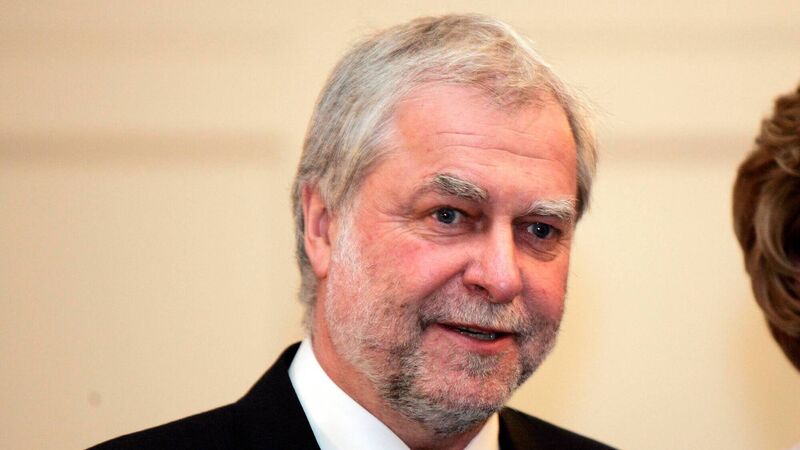Daniel McConnell: Pay restoration for public servants a politically delicate issue

Attorney General Paul Gallagher legally advised that there was no scope to either abandon the pay restoration or delay it to some point in the future. Picture Collins, Dublin, Colin Keegan.
Increasing the pay of the country’s highest-paid public servants is a politically delicate issue for any government at any time.
It always highlights the disparity between the haves and have-nots. And often, the nuance of the situation gets lost on the public who simply see those at the top being feather nested.

















